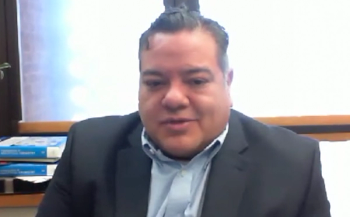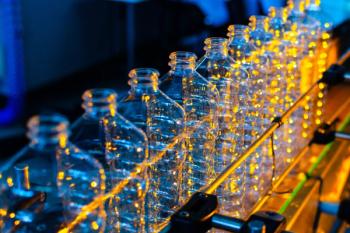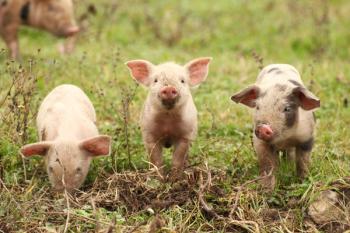
Cadmium Ion Accelerates Denaturation of Lysozyme Under Thermal and Acidic Conditions
The researchers believe that the results of this study can contribute to the development of more effective and safer approaches to reduce the toxicity of heavy metals in food and the environment.
A team of researchers investigated the effects of cadmium (Cd) ions on the denaturation kinetics of hen egg white lysozyme (HEWL) under thermal and acidic conditions (1). Their study was published in the journal Spectrochimica Acta Part A: Molecular and Biomolecular Spectroscopy (1).
A combination of spectroscopic techniques, including spontaneous Raman spectroscopy, Thioflavin-T fluorescence, atomic force microscopy (AFM) imaging, far-UV circular dichroism spectroscopy, and transmittance assays, were used in the study (1). The researchers recorded four distinctive Raman spectral markers for protein tertiary and secondary structures to track the kinetics of conformational transformation (1).
The results showed that Cd(II) ions effectively accelerated the disruption of tertiary structure and promoted the direct formation of organized β-sheets from the uncoiling of α-helices by skipping intermediate random coils (1). Additionally, the researchers found that with the action of Cd(II) ions, the initially resulting oligomers with disordered structures tended to assemble into aggregates with random structures like gels more than amyloid fibrils, along with a so-called “off-pathway” denaturation pathway that the researchers describe in their paper (1).
The study highlights the ion-specific effects of cadmium on protein denaturation kinetics under thermal and acidic conditions (1). These findings contribute to the understanding of the molecular mechanisms behind Cd-induced protein denaturation and may have implications in the fields of biochemistry and environmental toxicology (1).
The researchers believe that the results of this study can contribute to the development of more effective and safer approaches to reduce the toxicity of heavy metals in food and the environment (1). The results also advance an in-depth understanding of corresponding ion-specific effects (1). Further research in this area can provide a deeper understanding of the interaction between proteins and heavy metals, which can have significant implications in the field of environmental science and food safety.
Reference
(1) Liu, L.; Li, X.; Chen, N.; Chen, X.; Xing, L.; Zhou, X.; Liu, S. Influence of cadmium ion on denaturation kinetics of hen egg white-lysozyme under thermal and acidic conditions. Spectrochim. Acta A 2023, 296, 122650. DOI:
Newsletter
Get essential updates on the latest spectroscopy technologies, regulatory standards, and best practices—subscribe today to Spectroscopy.




